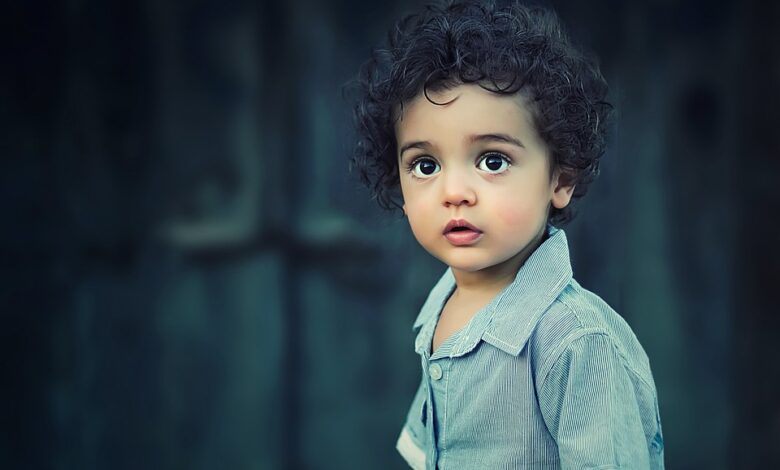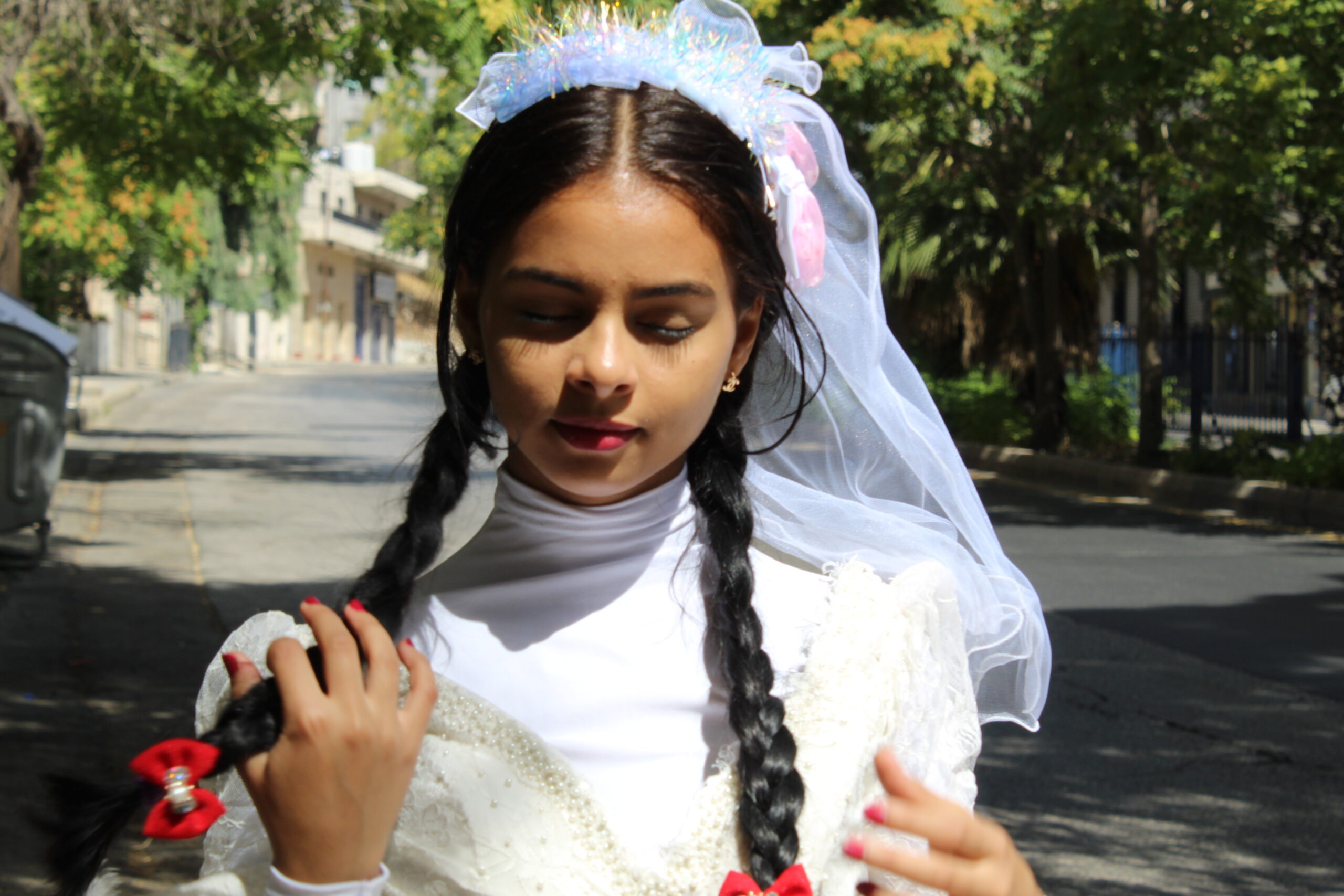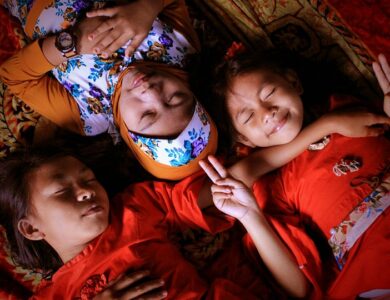India Strives for Progress: Empowering Children and Safeguarding Their Rights

One of the most important aspects of empowering children in India is education. The government has introduced several schemes and programs to ensure that every child has access to quality education. The Right to Education Act (RTE) has been a game-changer in this regard, providing free and compulsory education to children between the ages of 6 and 14. This has helped increase enrollment rates and decrease dropout rates significantly. Additionally, various mid-day meal programs have been implemented to address the issue of malnutrition among children, ensuring that they receive at least one nutritious meal a day.
Another crucial aspect of empowering children is their protection against exploitation and abuse. India has taken several steps in this direction, including the enactment of the Protection of Children from Sexual Offences (POCSO) Act. This act provides a comprehensive legal framework to safeguard children from sexual exploitation and abuse. It also defines the different forms of sexual abuse and imposes stringent punishments on offenders. Furthermore, Childline, a 24×7 helpline, has been set up across the country to provide immediate assistance to children in distress and connect them with appropriate support services.
Child labor has long been a major issue in India, and efforts have been made to eliminate this menace. The government has enacted the Child Labor (Prohibition and Regulation) Amendment Act, which prohibits the employment of children below the age of 14 in any hazardous occupations. It also imposes stricter penalties on those employing children and provides for the rehabilitation and education of rescued child laborers. Non-governmental organizations (NGOs) and community-based organizations (CBOs) have played a crucial role in identifying child laborers and providing them with educational and vocational opportunities.
Healthcare is another area where India has made significant progress in safeguarding children’s rights. The National Rural Health Mission (NRHM) has been instrumental in improving access to healthcare services in rural areas. Under this mission, various initiatives have been undertaken to provide immunization, maternal care, and nutritional support to children. Additionally, the Integrated Child Development Services (ICDS) scheme aims to address the nutritional needs of children through supplementary nutrition, health check-ups, and referral services.
Efforts to empower children in India have also focused on providing equal opportunities for children with disabilities. The Rights of Persons with Disabilities Act (RPWD), enacted in 2016, aims to promote inclusiveness and protect the rights of children with disabilities. This act ensures their right to education, healthcare, and participation in society. The government has also implemented various schemes to provide assistive devices, rehabilitation services, and vocational training to children with disabilities.
While significant progress has been made, there are still challenges to overcome in empowering children and safeguarding their rights in India. Poverty, gender inequality, and lack of awareness continue to be major obstacles. However, with continued efforts, it is possible to build a society where every child’s rights are respected, protected, and fulfilled.
In conclusion, India has made commendable progress in empowering children and safeguarding their rights. Through initiatives focusing on education, protection against exploitation, healthcare, and equality for children with disabilities, the government and various organizations have taken significant steps in ensuring the well-being of children. While challenges remain, the commitment to the welfare of children is strong, and with ongoing efforts, India can continue to strive towards a better future for its children.
Human right activist
Nada Foundation




